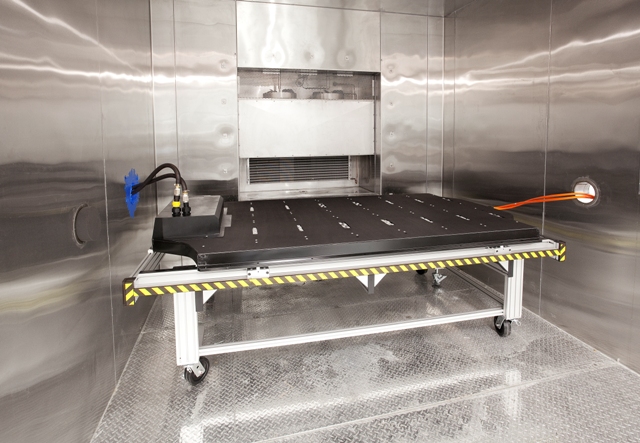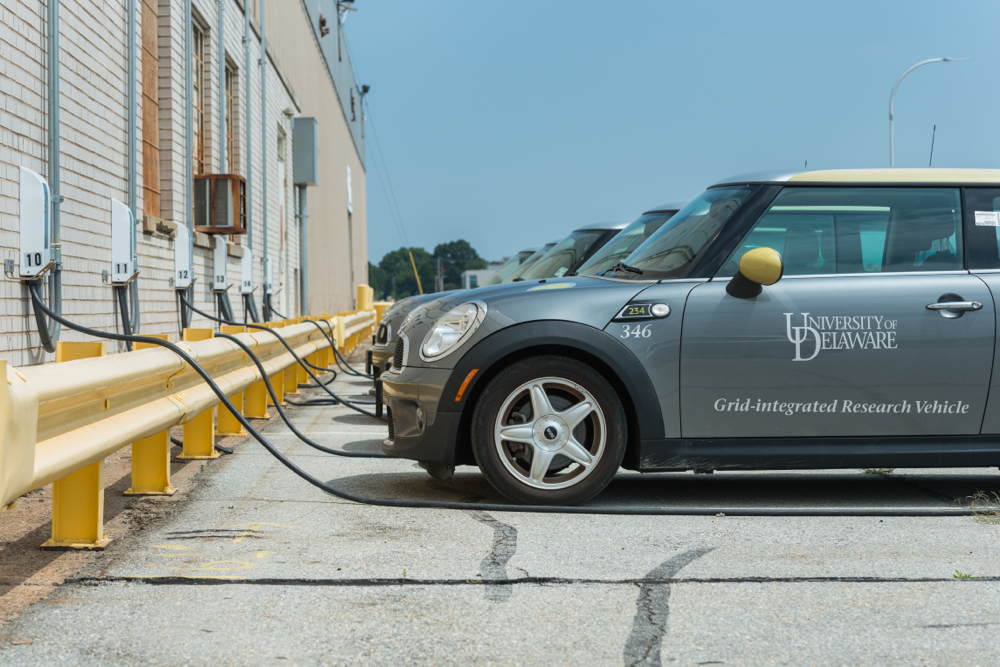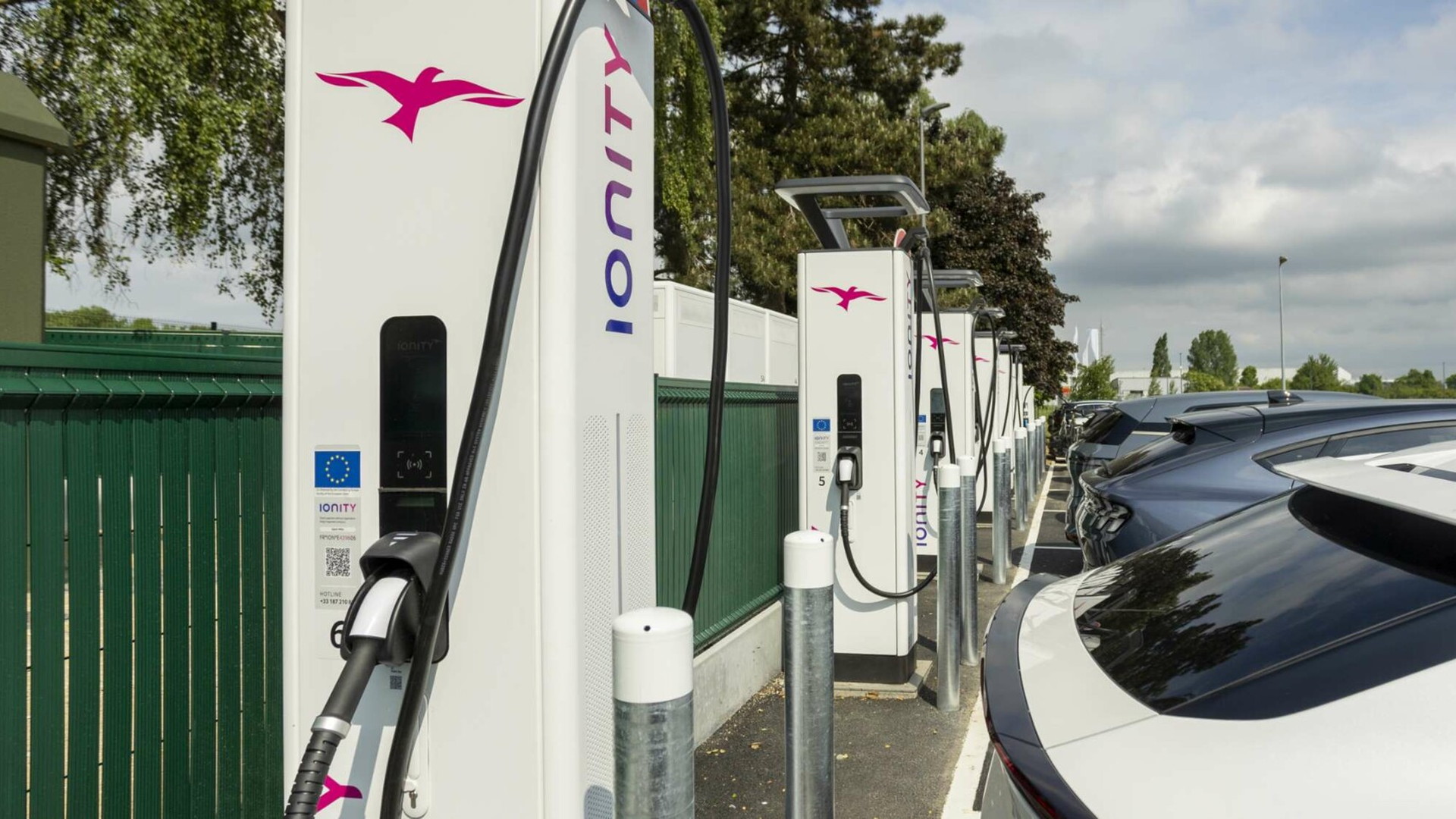Using stored energy to smooth out the ebb and flow of power generation has been thoroughly discussed by utilities, but now it's starting to be put into practice on a large scale.
Southern California Edison (SCE) recently announced that it will purchase 250 megawatts of energy storage, as part of a larger 2,221-MW purchase of new generation assets.
RELATED: California Takes The Lead In Using Batteries For Grid Storage
The purchase will be the largest of its kind so far, according to a recent Navigant Research blog post.
Energy storage was always expected to be part of SCE's plan--which is intended to compensate for the closure of the San Onofre nuclear power plant--but Navigant itself had estimated that the amount included might be about 50 MW at the most.
By ordering five times as much as that projection, SCE has given a ringing endorsement to energy storage as a tool to stabilize the grid as well as take advantage of renewable sources.

Tesla Motors - Model S lithium-ion battery pack in environmental test chamber
SCE's decision also comes ahead of the implementation of a California energy-storage mandate, which will see the state's three large investor-owned utilities buy more than 200 MW of energy-storage capacity.
Navigant suggests that the state's mandate will lead to the "Oklahoma land rush" of the energy-storage industry.
Battery power
That should be a boon to the energy-storage industry, but it may well have a positive impact on electric cars as well.
MORE: Tesla Planning Grid Storage As Part Of Supercharger Expansion
Much of the energy-storage infrastructure will likely be composed of lithium-ion cells very similar to those used in electric-car battery packs.
The cells used for energy storage are grouped into packs as well, and multiple packs in turn make up an energy storage "plant."
That means there will be more demand for the same cells needed for electric-car packs, potentially driving the price down faster than the car business alone could have.
Vehicle-to-grid pilot program at Los Angeles Air Force Base
Electric cars as part of the grid
Electric cars and their charging stations could even become part of this new energy-storage infrastructure--potentially selling capacity to utilities.
Vehicle-to-grid (V2G) systems essentially turn cars into mobile storage batteries, by allowing them to absorb excess energy from the grid while charging, and discharge during times of higher demand.
The concept has received a lot of attention from researchers, and is currently being tested with fleets of cars run by the University of Delaware and the U.S. Air Force.
It likely remains many years in the future for average electric-car owners, however.

MINI E electric cars used in vehicle-to-grid test. Photo by University of Delaware/Evan Krape
Large numbers of electric cars would need to be fitted with hardware that allows them to discharge electricity into the grid, which they do not currently do.
And the effect of repeated charging and discharging on batteries isn't fully known.
Most existing state regulations also don't explicitly allow a squadron of cars to serve as a "power plant."
DON'T MISS: U.S. Air Force Unveils Fleet of 42 Electric Vehicles, Nissan Leafs Included, For V2G Tests
It's not just cars, though: The solar panels that power some Tesla Motors Supercharger stations are expected to generate more power than drivers will actually use, so Tesla has looked at storing the excess energy for later use.
Overall, it appears that there's a positive synergy between the needs of the electric-car and electric-utility industries, centered around the falling costs of both batteries and renewable power generation.
As energy storage becomes more common, these synergies may be more readily accepted as utilities further exploit the flexibility of battery storage.
_______________________________________________












